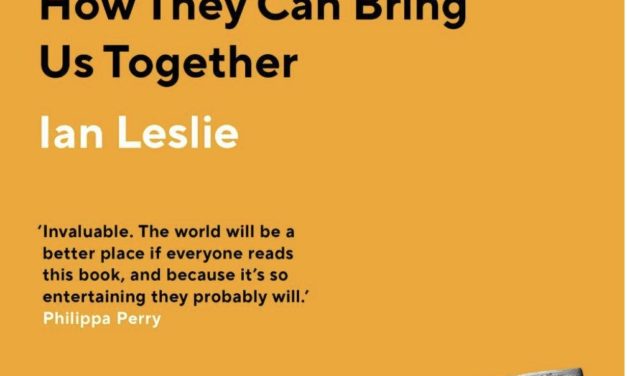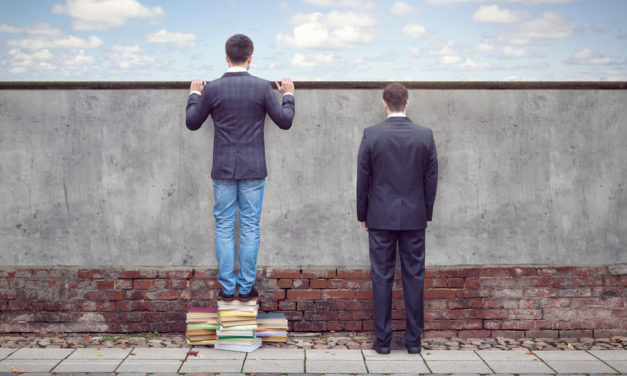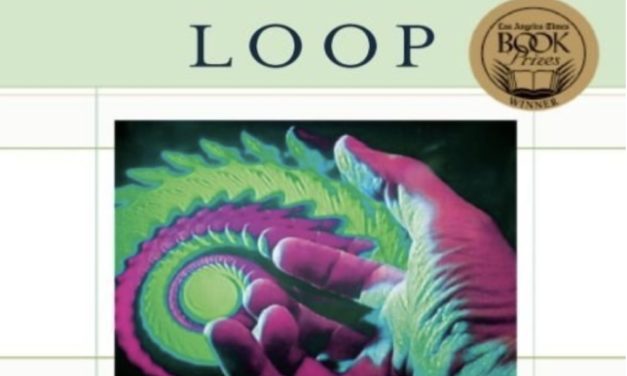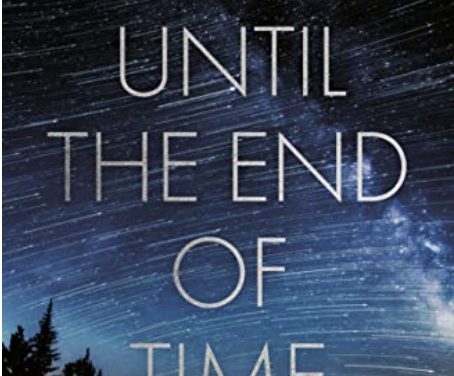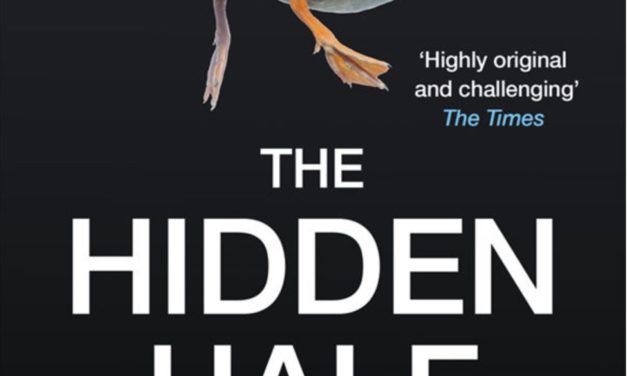Conflicted: Why Arguments Are Tearing Us Apart and How They Can Bring Us Together
Insight and empathy spring from the clash of different perspectives. In a world where it’s easier than ever for people to share their opinions, we should be reaping the benefits of diverse views. Instead, we too often find ourselves mired in hostility or – worse – avoiding disagreement altogether. Ian Leslie argues that this is because most of us never learn how to air our differences in a way that leads to progress. – amamzon.co.uk
Read More
